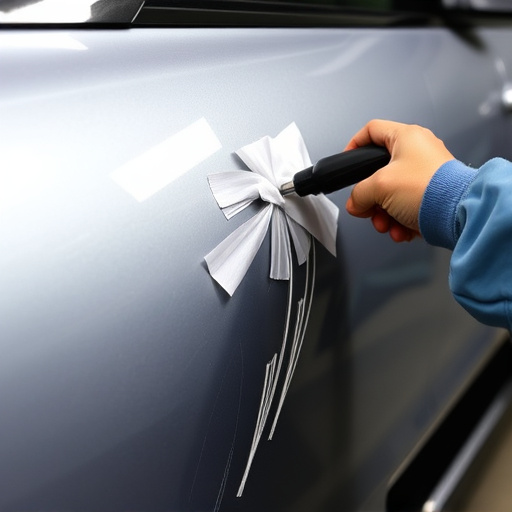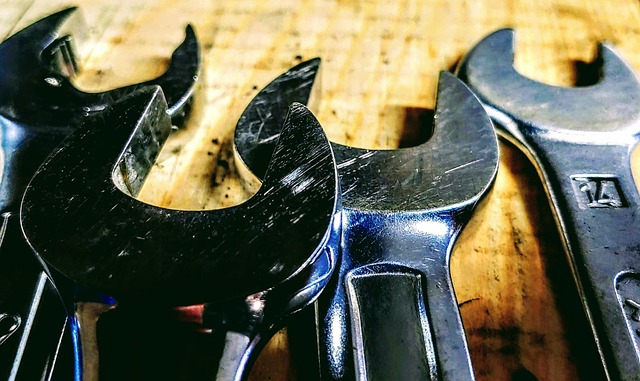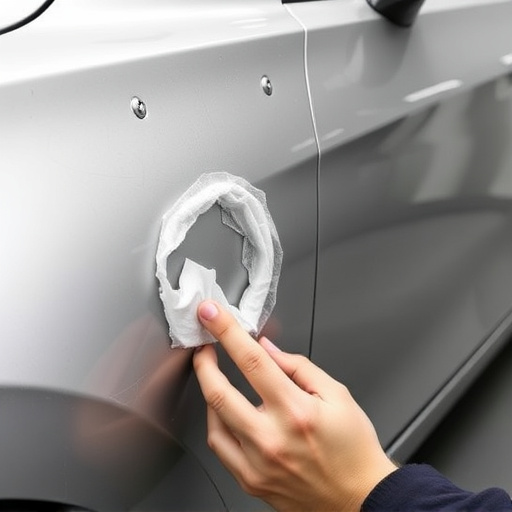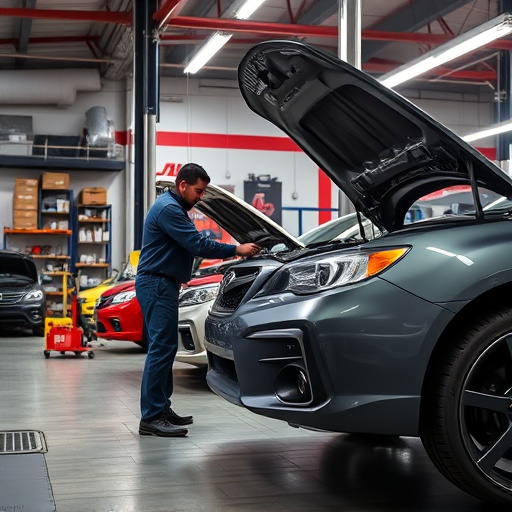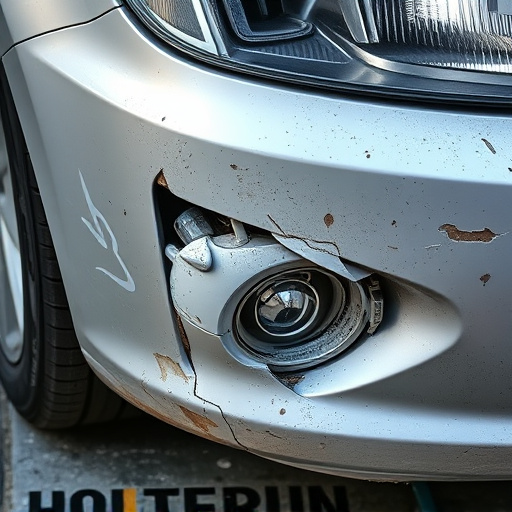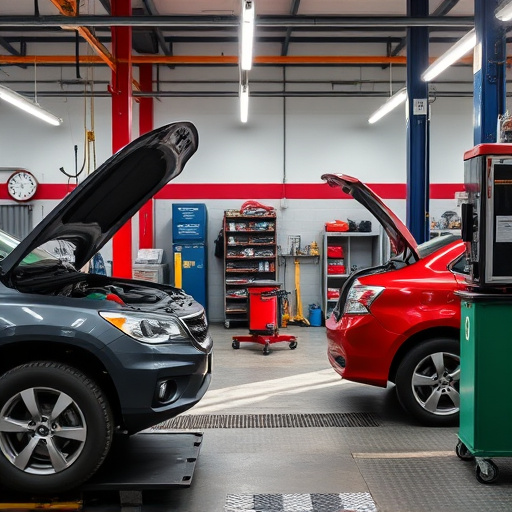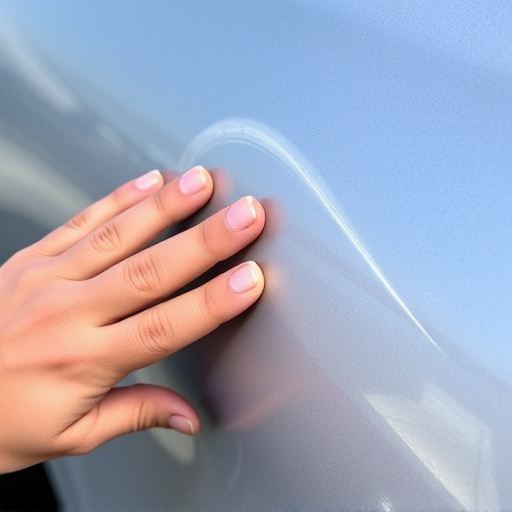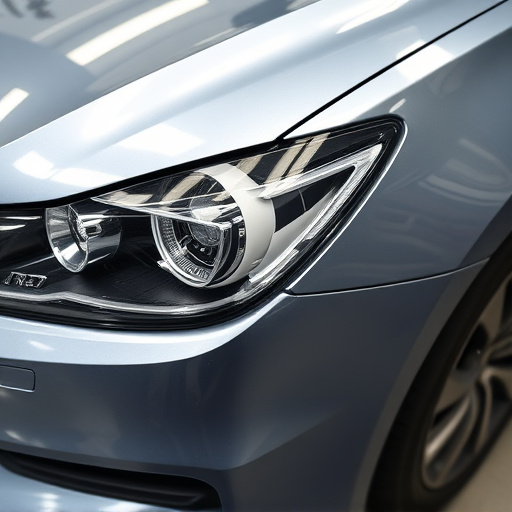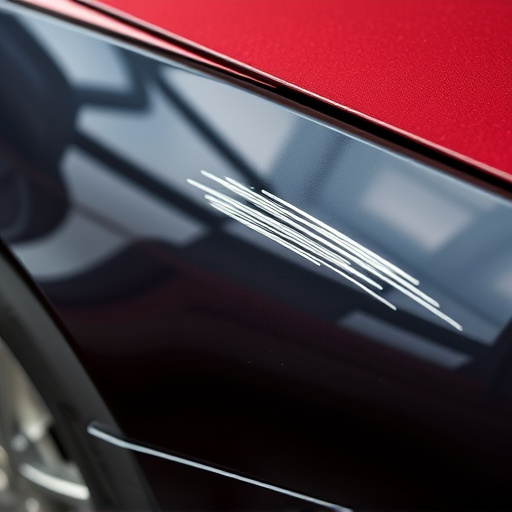Mercedes 48V system failures often stem from accidents and harsh environmental conditions, highlighting the importance of regular maintenance checks for early detection. Prompt repair of external damage and fender repairs indirectly support the system's health. Delays in repair increase costs. A proactive approach with routine checks, timely part replacements, and durable component upgrades significantly extends the lifespan of the Mercedes 48V system, ensuring optimal condition, enhanced reliability, and improved performance.
Mercedes 48V systems, integral to modern vehicle electronics, are prone to failures that can leave drivers stranded. This article guides you through effective strategies to prevent these inconveniences. We’ll explore common causes of 48V system malfunctions, emphasizing the importance of regular maintenance checks for early detection. Learn how prompt part replacements and preventive measures can significantly reduce repair costs associated with Mercedes 48V system repairs.
- Understand Common Causes of Mercedes 48V System Failures
- Regular Maintenance Checks for Early Detection
- Replace Parts Promptly and Consider Preventive Measures
Understand Common Causes of Mercedes 48V System Failures
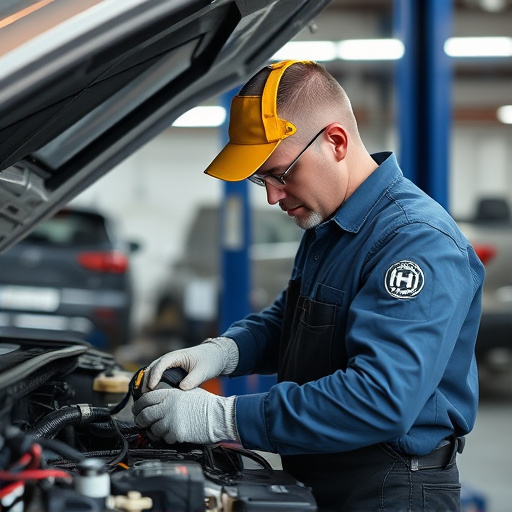
Mercedes 48V system failures can often be attributed to several recurring issues. One common cause is minor accidents or fender benders, which can damage internal components and lead to power supply problems. These collisions may not always leave visible marks on the vehicle’s exterior, but they can result in subtle yet significant damages that require careful vehicle paint repair and thorough autobody repairs.
Additionally, prolonged exposure to harsh environmental conditions, such as extreme temperatures or moisture ingress, can degrade the system over time. Regular maintenance checks are crucial to identifying and addressing these issues early on, preventing more severe 48V system failures. Understanding these causes is a critical step in implementing effective prevention strategies for Mercedes 48V system repair.
Regular Maintenance Checks for Early Detection
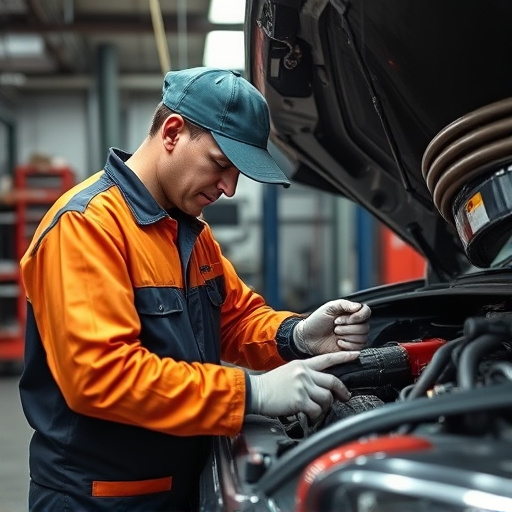
Regular maintenance checks are crucial for early detection of potential issues within the Mercedes 48V system. By conducting routine inspections, vehicle owners can significantly reduce the frequency of costly repairs. These checks should include examining all electrical connections for any signs of corrosion or damage, ensuring proper grounding, and verifying the condition of the battery, especially in vehicles with older or high-mileage batteries. A professional auto maintenance service can help identify subtle issues before they escalate into major 48V system failures.
Additionally, staying vigilant about external factors is essential. Road debris, fender repairs, and paintless dent repair services might not directly impact the Mercedes 48V system, but they can contribute to secondary damage. For instance, a dented fender could affect the vehicle’s grounding or cause strain on electrical components during driving. Therefore, addressing these cosmetic issues promptly can indirectly support the overall health of the 48V system and prevent unforeseen failures.
Replace Parts Promptly and Consider Preventive Measures
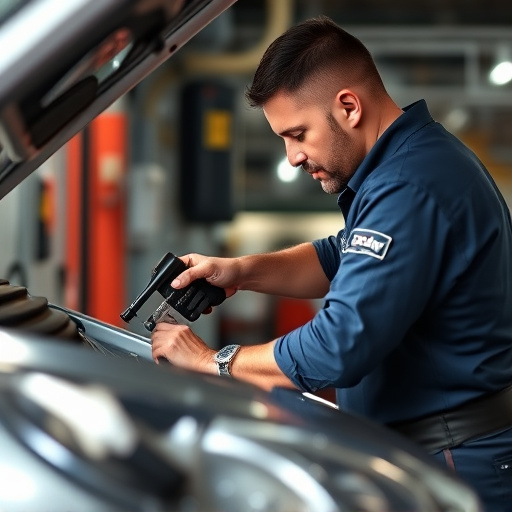
Prompt replacement of faulty parts is a key strategy to prevent frequent Mercedes 48V system failures. Delays in repair can lead to further damage and more costly repairs down the line. Regularly schedule maintenance checks with reputable body shop services to identify potential issues early on. This proactive approach, combined with timely part replacements, can significantly extend the lifespan of your Mercedes’ critical systems.
Consider preventive measures like upgrading to more durable components or opting for specialized auto maintenance packages tailored for high-performance vehicles. These steps not only minimize system failures but also ensure your Mercedes remains in optimal condition, enhancing its overall reliability and performance on the road.
Preventing frequent Mercedes 48V system failures requires a multi-faceted approach. Regular maintenance checks are key to early detection, allowing for timely repairs that can avoid costly and disruptive system replacements. Promptly replacing worn parts and considering preventive measures, such as upgrading to more durable components or installing diagnostic tools, can significantly extend the lifespan of your Mercedes 48V system. By adhering to these practices, vehicle owners can ensure reliable performance and reduce the need for extensive Mercedes 48V system repair.
